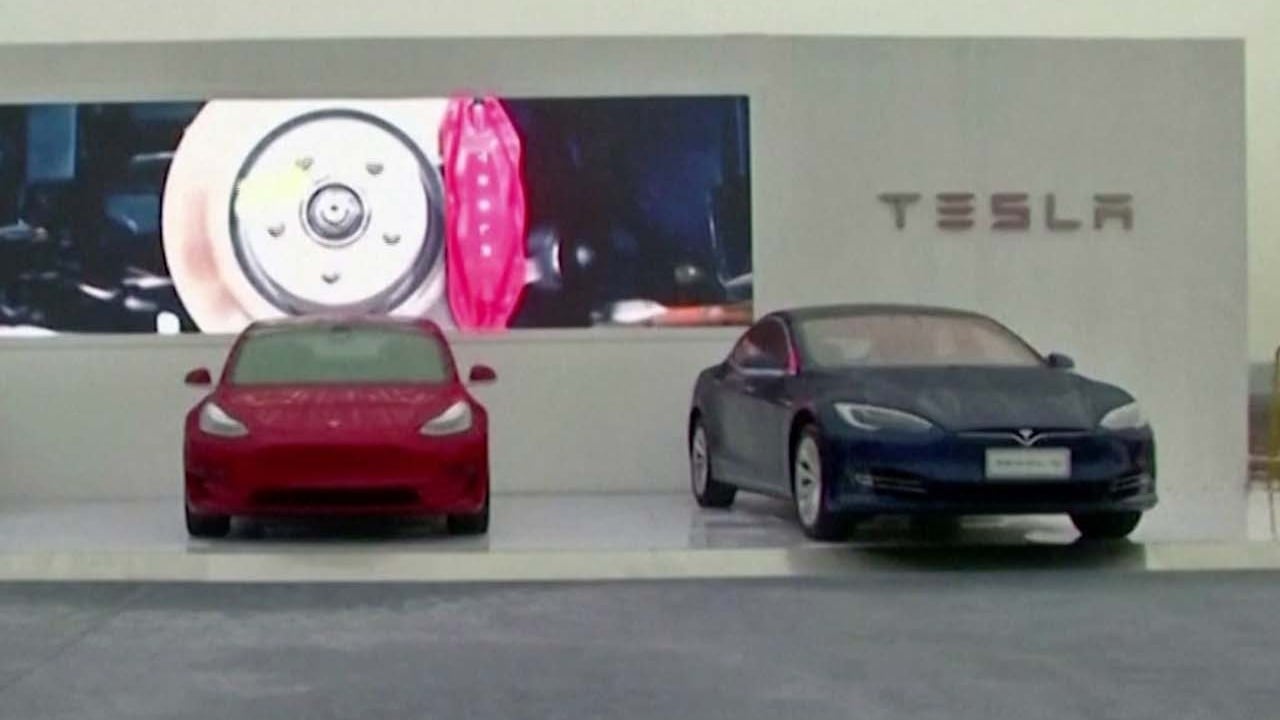
Nissan, Honda partner Dongfeng launches ‘national’ mini EV Nammi to compete with GM bestseller Hongguang in China
- Nammi brand will hone Dongfeng’s image as a carmaker of the masses, executive says
- Dongfeng unveiled the Nammi 001, the brand’s first model, on Wednesday, but has not yet revealed its price
Nammi, the new brand, will cater to and be affordable for all mainland Chinese consumers, Wuhan-based Dongfeng, which is also China’s third-largest carmaker, said in a statement on Thursday.
“The unveiling of the Nammi brand will hone Dongfeng’s image as a carmaker of the masses,” Chen Hao, Dongfeng’s vice-president, said in the statement. “The company is determined in its resolve to engineer Dongfeng’s electrification drive.”
Geely banking on lower prices to almost double sales at EV brand Zeekr
The Hongguang, a compact four-seater EV, is a bestselling model that effectively promoted the use of battery-powered cars around China, including in its underdeveloped rural areas, according to Cao Hua, a partner at Shanghai-based private equity firm Unity Asset Management, which invests in automotive supply-chain firms.
Launched in mid-2020, the Hongguang redrew the landscape of China’s EV sector, unseating Tesla’s Model 3 as the bestselling EV nationwide just a few weeks after sales started in July that year. For instance, in August 2020, 15,000 Hongguang EVs were delivered, outgunning the Model 3 of which 11,811 were sold, according to the China Passenger Car Association (CPCA).
Dongfeng unveiled the Nammi 001, the brand’s first model, in Chengdu on Wednesday, but has not yet revealed the prices for the new model. The compact four-seater, which can go 300 to 400km on a single charge, will hit the market in the fourth quarter of this year.
“Cheap models provide a catalyst for the wider use of EVs,” said Unity’s Cao. “A fast-expanding charging network in China also enables carmakers to design more affordable EVs to target people in underdeveloped regions.”
Xpeng expects big jump in third-quarter EV deliveries as G6 booms
CPCA data showed 148,855 Hongguang Mini EVs were delivered in the first five months of 2023, down 27 per cent year on year. The association has stopped publishing monthly sales data for individual models since June.
Zhao Zhen, a sales director with Shanghai-based dealer Wan Zhuo Auto, said the sales decline mainly resulted from consumers’ wait-and-see approach at that time, as they expected price cuts on EVs amid a price war among carmakers.
Currently, more than three out of every 10 new vehicles taking to the streets in China are either pure electric or plug-in hybrid cars, the CPCA said. EV sales in China are expected to rise by 55 per cent this year to 8.8 million units, according to a UBS forecast made in April.


